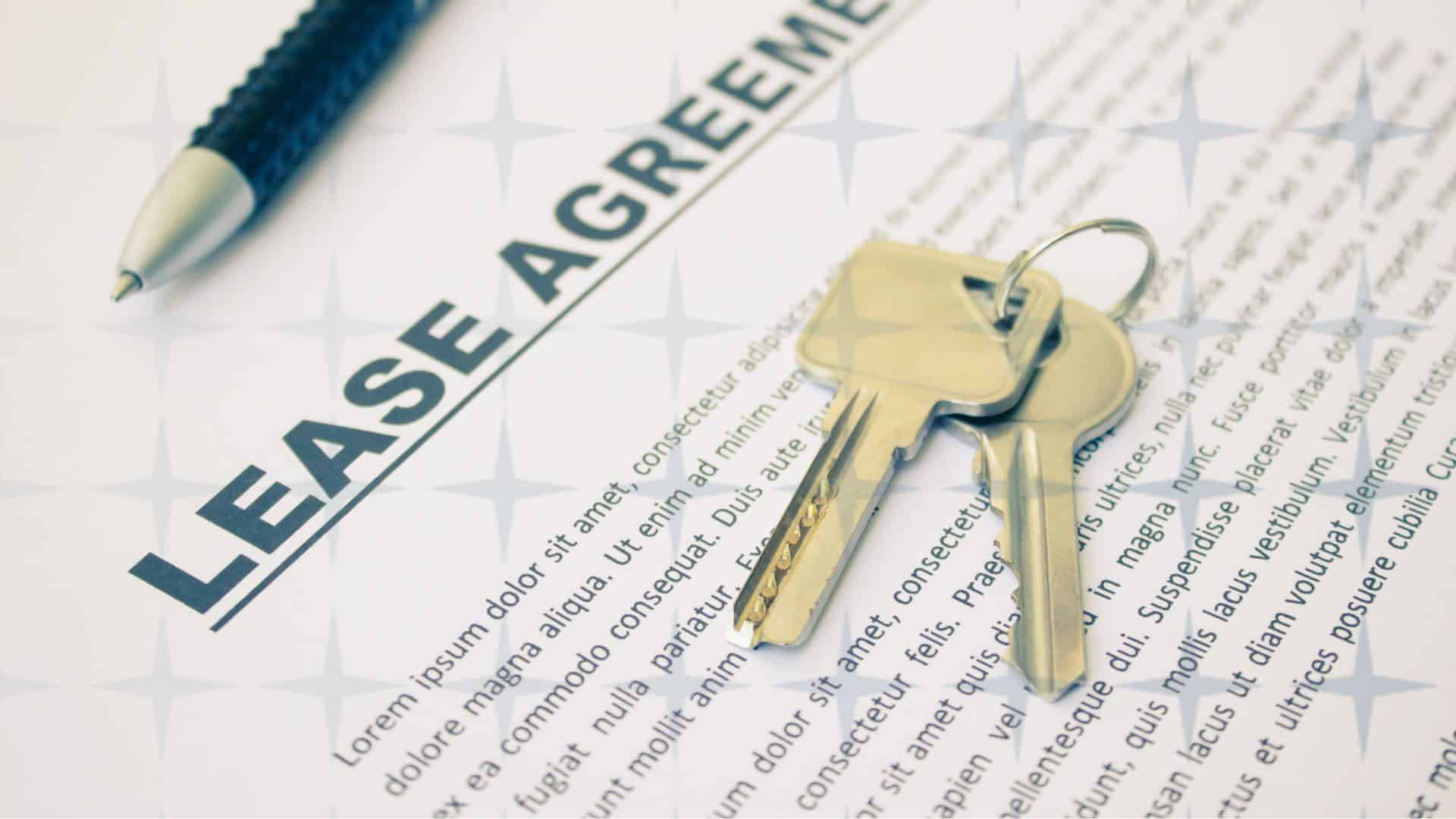Do I Need a Solicitor for a Commercial Lease?

Navigating the complex terrain of commercial leases can be daunting for tenants.
With many factors to consider – from lease terms to liability issues – it’s no wonder many find themselves asking, “Do I need a solicitor for a commercial lease?”
At Bennett Griffin, we believe the short answer is a resounding ‘yes’.
Engaging a commercial property solicitor when taking out a commercial property lease brings many benefits, safeguarding your interests and ensuring a smoother transaction.
Let’s delve into why enlisting legal assistance is a prudent decision for tenants.
Expertise in Commercial Property Law
Commercial leases are laden with legal jargon and intricate clauses that can be difficult for laypersons to decipher.
A commercial property solicitor brings a deep understanding of property law and is capable of navigating the complexities of your lease agreement.
They ensure the lease terms are fair and equitable, protecting you from potential pitfalls that could have long-term financial and operational repercussions.
Negotiation Leverage
A seasoned solicitor can provide significant leverage in negotiations, ensuring that the lease terms are favourable to you.
Whether it’s the duration of the lease, rent reviews, or repair obligations, a solicitor can argue your case effectively, often securing terms that might not have been achievable on your own.
This negotiation process is crucial, as it sets the foundation for your business’s future in the premises.
Clarification of Responsibilities
One of the key roles of a commercial property solicitor is to clarify the division of responsibilities between the tenant and the landlord.
This includes, but is not limited to, maintenance, repairs, and insurance obligations.
Misunderstandings in these areas are common sources of dispute in commercial leases.
A solicitor will ensure that your responsibilities are clearly outlined, reducing the risk of future conflicts.
Risk Management
Entering into a commercial lease without fully understanding the implications can expose tenants to significant risks.
These might include onerous break clauses, hidden costs, or stringent lease termination conditions.
A solicitor will thoroughly review the lease, identifying and mitigating potential risks.
This proactive approach can save you from unforeseen liabilities and financial burdens.
Assistance with Due Diligence
The due diligence process in commercial leasing involves scrutinising the property and its compliance with relevant laws and regulations.
A solicitor can oversee this process, ensuring that the property meets all necessary standards before you commit.
This includes checking for planning permissions, building regulation compliance, and any other legal encumbrances that could affect your use of the property.
Peace of Mind
Perhaps one of the most underrated benefits of hiring a commercial property solicitor is the peace of mind it brings.
Knowing that a professional is handling the legal intricacies of your lease allows you to focus on what you do best – running your business.
It also provides a safety net, knowing your interests are protected throughout the leasing process.
Filing and Registration Requirements
Many tenants do not realise that entering into a lease can bring with it filing and registration requirements following completion.
Leases over 7 years in length are compulsorily registrable at the Land Registry and must be registered following completion.
The Land Registry has strict ID and practice requirements that must be satisfied before they can register the lease.
While this can be done by a tenant representing themselves, it is far easier to instruct a solicitor to do this on your behalf.
When taking a lease, there may be Stamp Duty Land Tax ‘SDLT’ to pay.
The amount of SLDT depends on the premium paid for the lease and any rent paid during the term.
If the lease’s ‘Net Present Value’ is above £150,000.00, then SDLT will be payable.
Even if the net present value is below £150,000.00, if the lease is over 7 years, an SDLT return will be required in order to register the lease (albeit no SDLT will be payable).
While SDLT is a tax personal to an individual, we as property solicitors deal with SDLT all the time as it is incidental and ancillary to the property transaction we are instructed to deal with and, therefore, are best placed to assist with the same.
Summary
In conclusion, while it might be tempting to cut corners and forego legal assistance when signing a commercial lease, the potential risks far outweigh the immediate savings.
A commercial property solicitor safeguards your interests and provides invaluable guidance and support, ensuring the security of your business’s foundation.
Whether you’re a seasoned business owner or a first-time tenant, the importance of legal expertise in commercial leasing cannot be overstated.
We tailor our level of service to what our clients require, whether that be a comprehensive service in carrying out full due diligence and negotiation of the lease to us simply reviewing the draft lease you are provided with by the Landlord’s solicitor and summarising its terms to you.
In an effort to ensure more tenants are protected before signing their lease, Bennett Griffin has introduced a new ‘Review and Report’ service for £950.00 + VAT.
This provides an entry-level, value-for-money service to tenants who would otherwise enter into leases without obtaining legal advice.
Our expert team will review a commercial lease contract and report back to a tenant, highlighting any potential areas of concern. It means tenants can be more confident about what they are signing.
If you would like to find out how our commercial property law team could help you, contact us today.
You can call our Worthing office on 01903 229999 or our Chichester office on 01243 256370.
Alternatively, email us via info@bennett-griffin.co.uk, and a member of our team will get back to you shortly.
